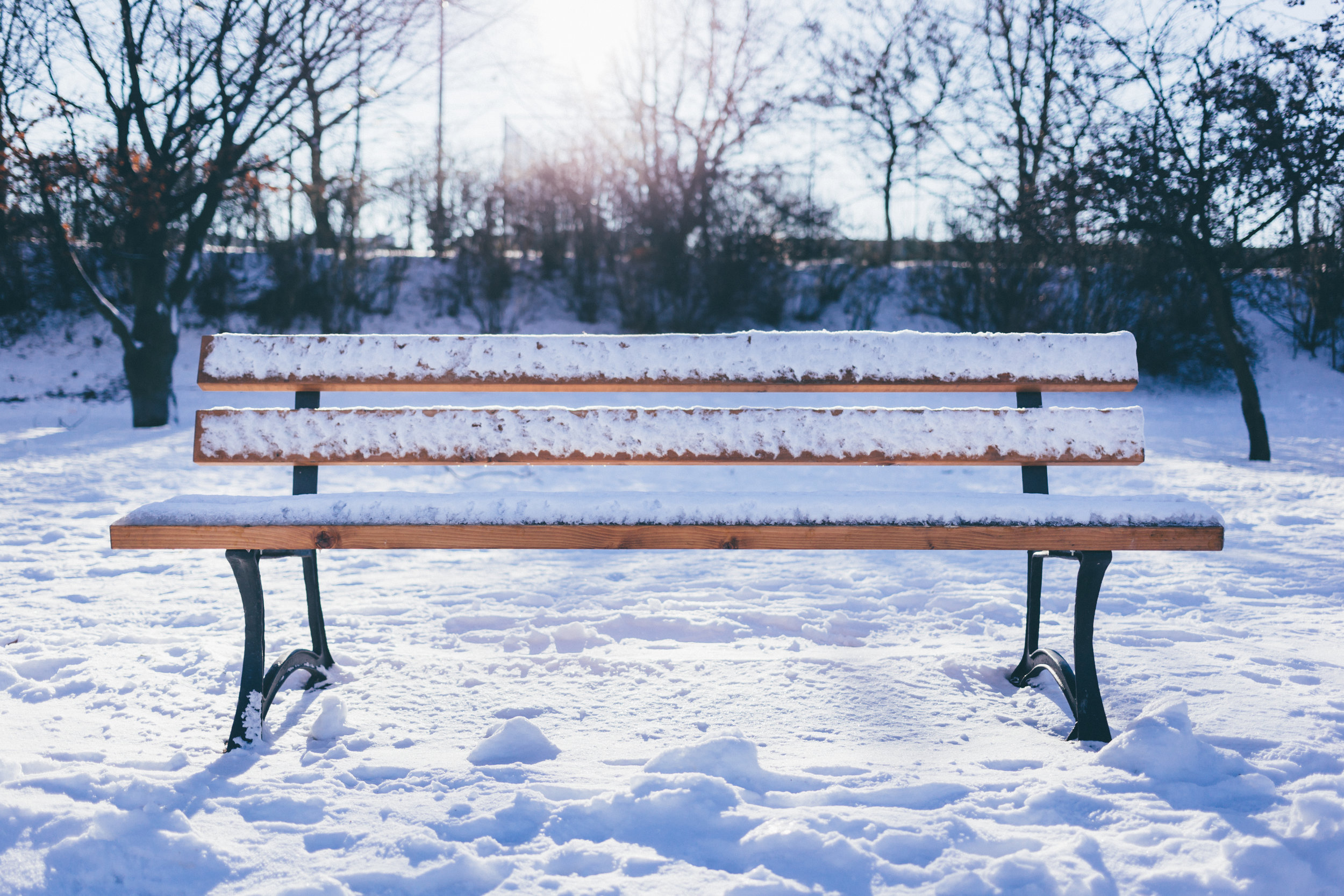“Well, You Live in the Tundra”
Despite the negative connotations of winter, such as cold feet and hands, cracked lips, and short days, there is something special about snow.
Growing up in southern New England near the ocean, I was used to either getting little snow or getting a lot of snow at once and then watching it melt within a few weeks. When deciding to go to Vermont for college, I was excited to have winters where the snow would start falling in November and stay until March. This was not the case, however, as the four winters I have experienced have greatly differed. Some of them may serve as the new normal for future Vermonters and those who come to enjoy a “true” winter.
At the beginning of my freshman year, we experienced much colder than average temperatures in the middle of September. Days that were supposed to be spent at the lake quickly turned into days on the couch buried in a pile of blankets. Many people back home started telling me, and continued to affirm throughout my undergraduate experiences, that I now lived in the tundra. These comments got me very excited for winter, so you can imagine my disappointment when we had a Halloween with temperatures in the 70’s. This soon returned to cold, however, and before I knew it I was standing on top of the campus pond in early December. It got to a point where days above zero degrees were considered warm and if we hit double digits it was practically summer. There was a large amount of snow as well, since we got small but frequent snow events and once it fell, it stayed. In late April the campus holds an event called Spring Day, where several outdoor activities are planned. This Spring Day had to be held indoors, due to snow. To say the least, this type of winter is exactly what I longed for and what I expected throughout my undergraduate studies.
The following year, however, winter never seemed to show. I could not stand on the pond before Christmas, there was almost no snow in the Green or White Mountains to admire as I drove home for break, and there certainly weren’t as many days below zero. That winter, in comparison, was a complete failure. My junior year was an in between. At first, it seemed that it was going to be the same as the previous year. That February, however, we received two back to back storms that dropped about two feet of snow. This, in addition to the small snowpack present, made the junior winter more like a standard Vermont winter. My final Vermont winter in my senior year started out very cold, much like my freshman year, but then gradually heated up, where the snow would fall, melt, fall, and then melt again. It was much more variable than the previous three. Then, three nor’easters hit New England in two weeks, causing severe flooding on the coast and providing some snowfall to northern Vermont. As it turns out, these extremes may not be random and will most likely serve as examples of future winter seasons.
“These extremes may serve as examples of future winter seasons.”
Under climate change, winters are not as stable as they used to be. Temperatures have been increasing over the Northeast and are forecasted to continue to increase. Also, precipitation has been increasing and will continue to increase. As the arctic warms, winters will become less and less stable. Cold air is able to escape from the arctic and reach lower latitudes, providing cold snaps like what I experienced during my freshman year. At the same time, warm air is becoming more prominent. Many lifetime resident Vermonters will recall an average winter as lots of snow with a “January thaw,” finished off with mud season (dirt roads become slipperier than ice and sometimes your car gets stuck). Sure, my freshman year seemed to not even include a January thaw, but that year was unusually cold. The more common trend has been periods of cold weather (near average for this time of year) but then returning to above average temperatures. There should not be 60-degree days in Vermont in February, yet that is exactly what happened for the past two winters.
“There should not be 60-degree days in Vermont in February, yet that is exactly what happened... ”
So now, when people tell me, “You live in the tundra,” I respond by saying that compared to how winters used to be, Vermont is becoming less frozen. Without rapid efforts to limit the amount of warming on this planet, a student twenty years in the future may have a much warmer tale to tell. The ski season will be shorter, the start of the semester will be much hotter, and sports like ice fishing and outdoor ice hockey will be more difficult to participate in in the future.


